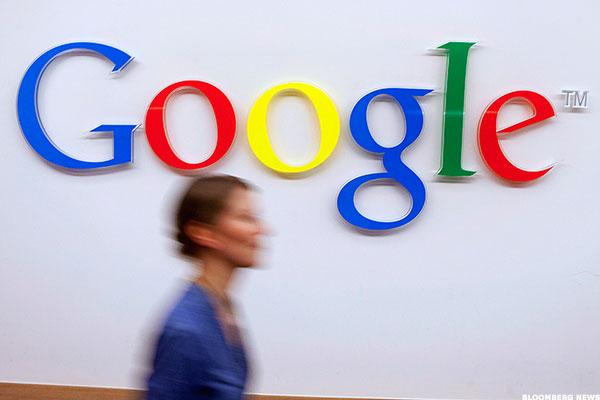Google's £36.4m tax payment: Is Baroness Kramer right to make a fuss?
Comparing the multinational super company's numbers to those reported by Debenhams

Your support helps us to tell the story
From reproductive rights to climate change to Big Tech, The Independent is on the ground when the story is developing. Whether it's investigating the financials of Elon Musk's pro-Trump PAC or producing our latest documentary, 'The A Word', which shines a light on the American women fighting for reproductive rights, we know how important it is to parse out the facts from the messaging.
At such a critical moment in US history, we need reporters on the ground. Your donation allows us to keep sending journalists to speak to both sides of the story.
The Independent is trusted by Americans across the entire political spectrum. And unlike many other quality news outlets, we choose not to lock Americans out of our reporting and analysis with paywalls. We believe quality journalism should be available to everyone, paid for by those who can afford it.
Your support makes all the difference.On a Friday afternoon, when no one’s paying all that much attention to business news, it emerges that tech and media superstar Google booked sales of £1.03bn in Britain last year, netting a profit of £149m and yielding tax of £36.4m for Britain’s battered exchequer.
Does that look low to you, given that this is a global giant, one of the world’s biggest and brightest companies? It does to me. It certainly does to the Liberal Democrat peer Baroness Kramer, who serves as the party’s Shadow Chancellor.
“It is appalling that Google are still getting away with paying such a paltry amount of their total revenue back in taxes,” she said, accusing the Government of “letting big online business off the hook”.
But is she right? Am I right?
Here’s what Google has to say on the subject: “As an international business, we pay the majority of our taxes in our home country, as well as all the taxes due in the UK. We have recently announced significant new investment in the UK, including new offices in Kings Cross for 7,000 staff.”
Not that the latter is at all relevant to the discussion in hand. The investment is great. Thanks guys! But we’re talking taxes.
So, back to that subject, and the question of which of the three of us is right.
Just for fun I decided to look at a, shall we say, slightly less starry company. I picked from the second tier FTSE 250 index, because, as I said, Google's numbers look low to me, and so I thought it might be interesting to compare them to those reported by one of the stock exchange's second division.
I chose Debenhams, because it happened to catch my eye, and it’s a medium sized business that is relatively simple to understand.
For its last full trading year, to September 3, Debs reported UK revenues of £2.4bn, more than twice what Google reported. It made operating profits of £98m on those sales, and total pre tax profits for the group as a whole (it has a small international business) of £105.8m. On that, the company paid £21.6m, in tax.
That would suggest that Google is paying about what it should pay, a bit more, as a percentage of its profits, than Debs pays. Perhaps it needs a new accountant! And perhaps it shows that Baroness Kramer and me have got this badly wrong.
On the other hand, super duper, whizzy wonder company Google is reporting less than half the UK revenues that Debenhams reports. Debenhams! I know they’re in very different industries, but even so, I was left scratching my head over that one.
Of course, the difference between Debs and Google is that the latter is a multi national giant, with a bewildering array of businesses, operating companies and legal entities in a bewildering array of countries, all with wildly different tax rates.
As has become clear in recent years, big companies have a certain amount of choice when it comes to where they book revenues and where they book profits.
Work is being done on finding ways to better link what they report to where their economic activity actually takes place, but it isn't always very easy with big and complicated multinational companies, and we’re a way off getting to a definitive solution.
The EU has brought cases against some multinationals over their tax affairs, including Apple and Starbucks, but Google, and its owner Alphabet, are not among their number. Nor would I suggest that the company has done anything illegal.
The numbers are the numbers. They just look low when compared to Debenhams. So perhaps the Baroness has a point. One thing we can be sure of. This debate isn't going to quiet down any time soon.
Join our commenting forum
Join thought-provoking conversations, follow other Independent readers and see their replies
Comments